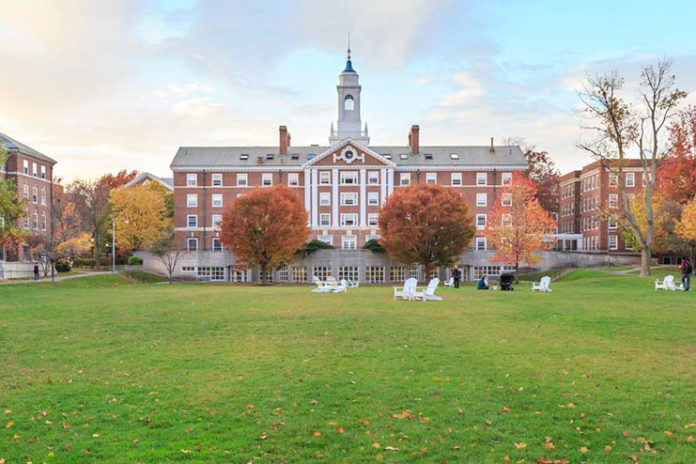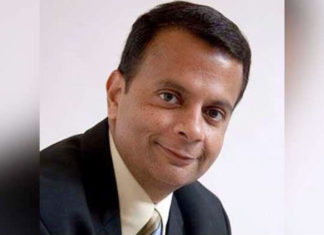Prime Minister Narendra Modi has taken a dig at critics of his cash ban after the government data showed surprisingly strong growth that helped India to retain its position as the world’s fastest-growing economy, even after demonetisation.
“Well known intellectuals from Harvard and Oxford, who have been at key positions in the Indian economic system, had said that the GDP would go down by 2 percent, some others said it would go down by 4 percent,” Modi said.
“On one hand, there are these intellectuals who talk about Harvard and on the other, there is this son of a poor mother, who is trying to change the economy of the country through hard work. In fact, hard work is much more powerful than Harvard,” he said.
“This does not add up,” Sonal Varma, an economist at Nomura Holdings Inc., wrote in a report after the data was published. “Is India becoming another China, with incredible growth momentum and statistics nobody quite believes?” Bloomberg View columnist Mihir Sharma wrote.
GDP grew 7 percent in October-December, data showed, a slight slowing from the previous year’s 7.3 percent but far stronger than the median 6.1 percent estimates in a Bloomberg survey of economists.
Among critics of demonetization were Nobel Prize winner Amartya Sen, a Harvard professor; Lawrence Summers, former U.S. treasury secretary and president emeritus of Harvard University; Kaushik Basu, former chief economist to the World Bank who also advised India’s government and taught at Harvard; former Finance Minister Palaniappan Chidambaram, who was educated at Harvard; and Modi’s predecessor Manmohan Singh, who read economics at Oxford. Singh had told lawmakers the cash ban could strip as much as 2 percentage points off GDP.
“The prime minister making a sarcastic dig at an election rally has revealed his political desperation,” said Sanjay Jha, a spokesman of the main opposition Congress party. “These are estimates that are bound to see a downward revision, because in reality they have not factored in the impact on the informal sector, which was most affected by the demonetization. The number deserves further public scrutiny.”
“Those who are being projected as Harvard and Oxford supporters are those who have been very strongly critical of various policies the government adopted, including demonetization,” said Sandeep Shastri, pro-vice chancellor at Jain University in Bengaluru.
“The prime minister stands to project himself as representing a line of thinking which challenges what could be called the mainstream or elite way of looking at issues” and divergence between the extremes is only set to increase, he said.
By Premji













































